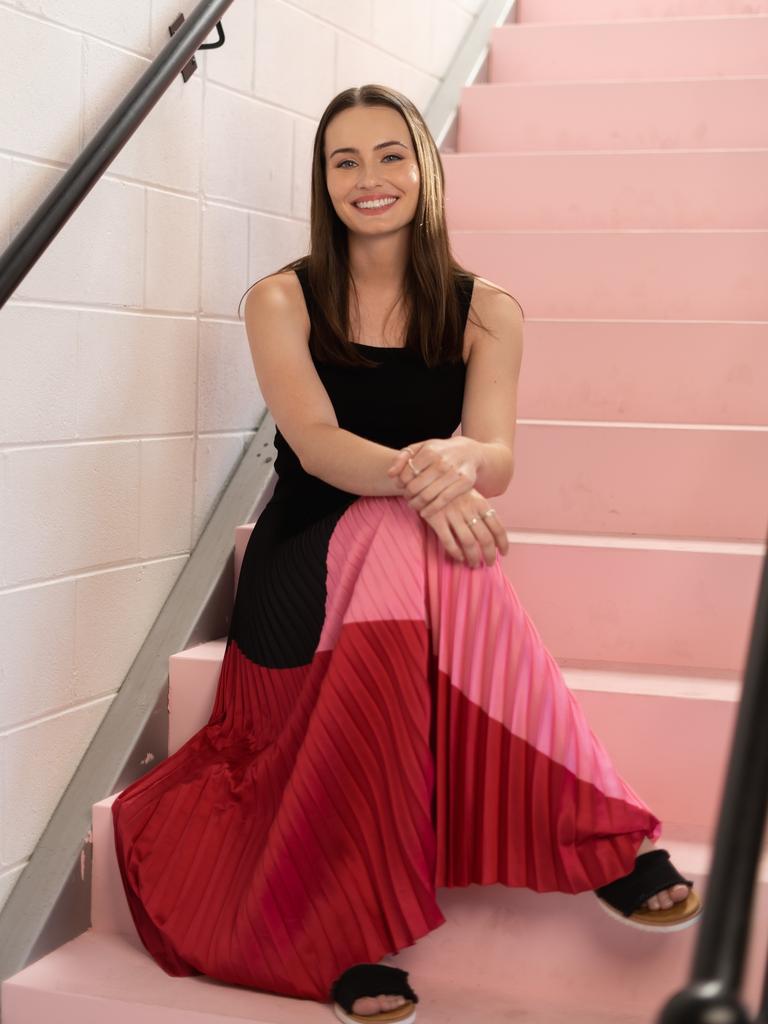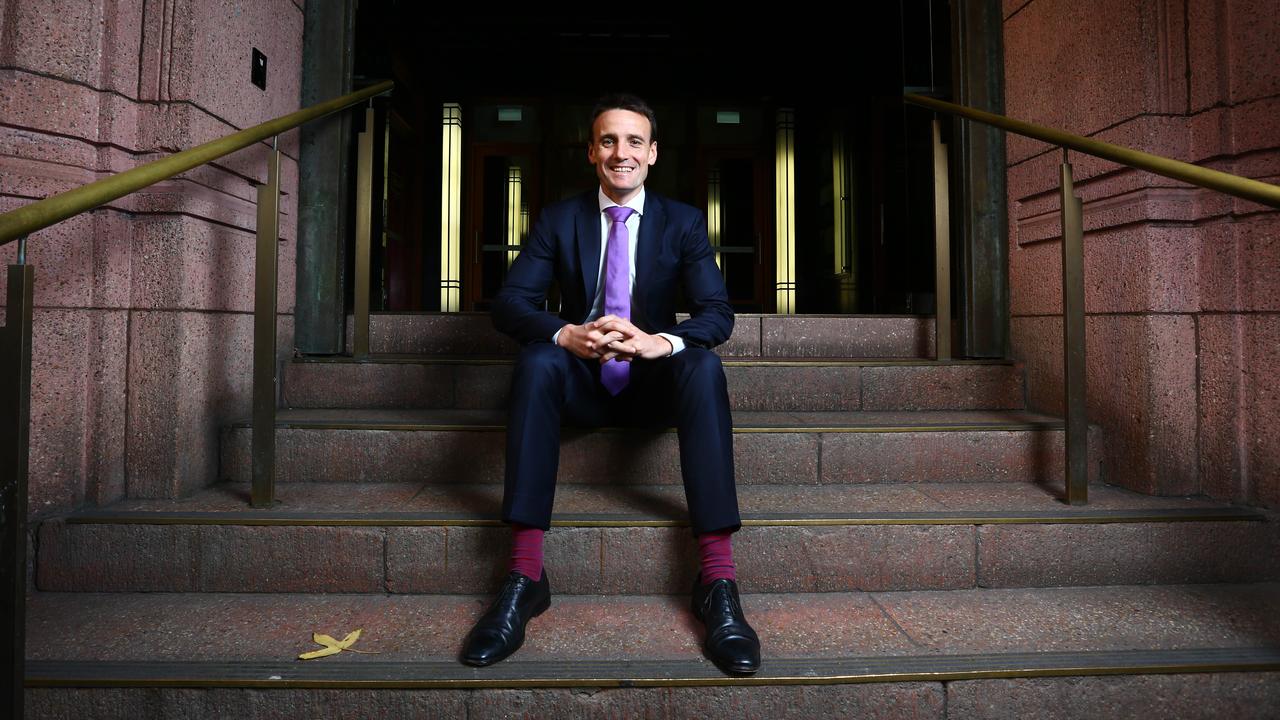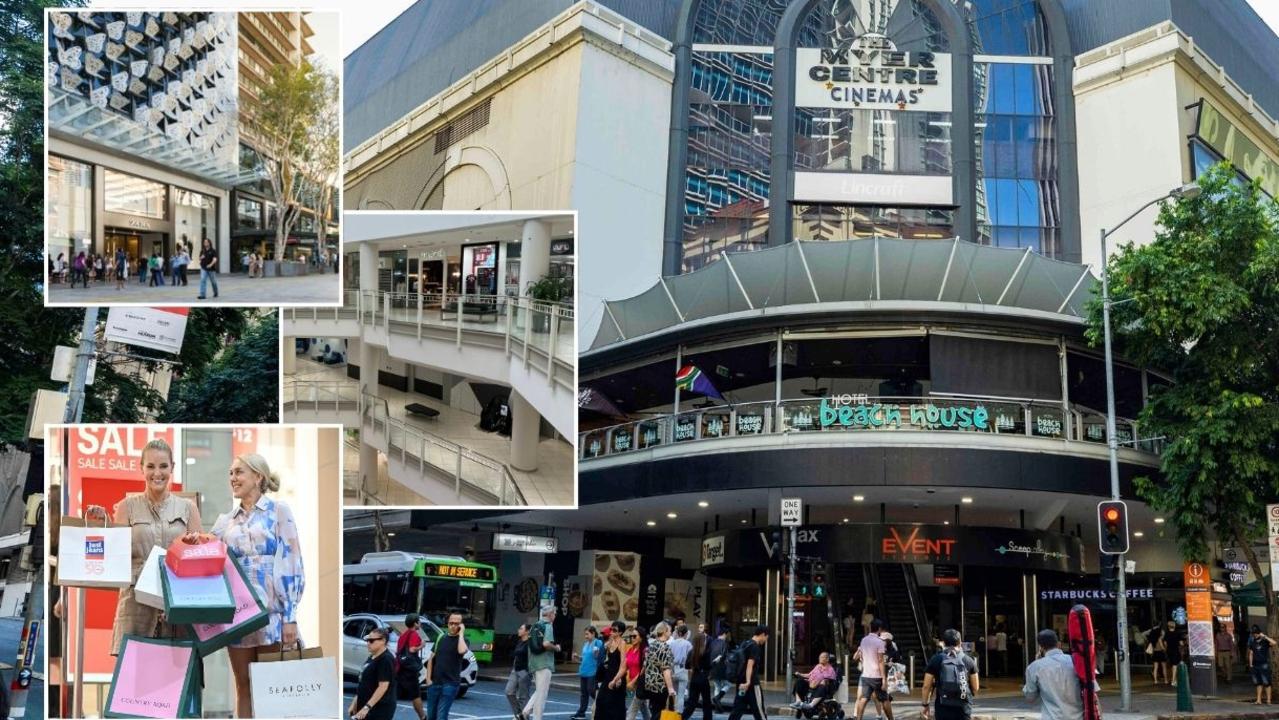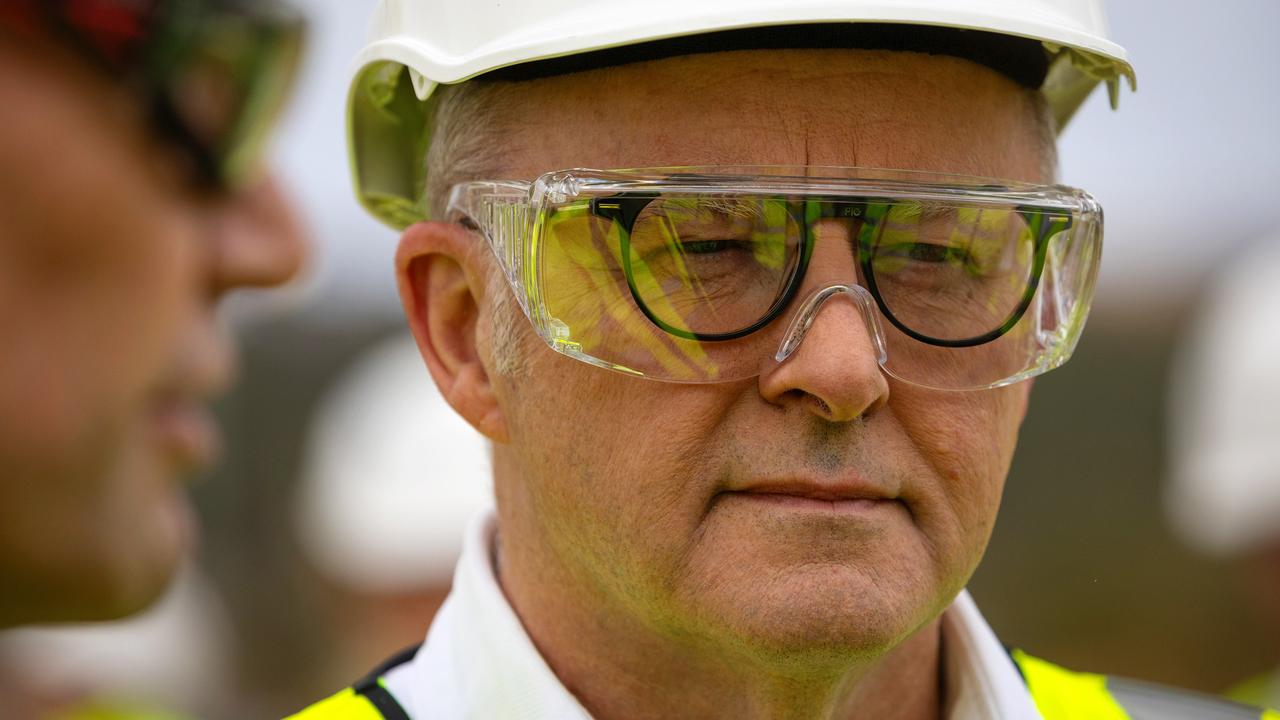Gen Z plays the recession long game: don’t panic, we’ll have a few
Gen Z are yet to experience a recession but as expectations for growth are shredded, Gen Z-ers wonder if they are adequately prepared for financial armageddon.

Business
Don't miss out on the headlines from Business. Followed categories will be added to My News.
They’re young, digital savvy and yet to experience a major financial crisis in their lifetimes.
But a recession could change all of that for Gen Z, which now makes up one third of the Australian workforce and are making money investing in financial markets, property and reshaping the corporate ladder.
Unlike their older counterparts, the majority of Gen Z was not gainfully employed five years ago when the Covid-19 pandemic struck, whereas older millennials – the generation spanning 1981 to 1995 – experienced the recession as children, says Queensland Investment Corporation chief economist Matthew Peter.
“The last real recession we had was in 1991, and I suppose the key difference is what happens in the job market,” he said.
During a recession, unemployment is the biggest casualty, and in Australia’s last true recession in the 1990s, it surpassed 10 per cent.

“That loss of income that comes with job losses is the most striking issue for most people,” Mr Peter said.
And for a generation that has just graduated university and completed apprenticeships, exiting the workforce could set them back financially and professionally in their formative career years.
Employability could be a major issue for Gen Z if they are sidelined into unemployment or casual work.
Amid a recession, most companies thin their ranks beginning with their newest employees. “The downside is a bit of a first-in, first-out sort of problem,” Mr Peter said.
“You tend to see the more experienced people held onto for longer in a recession.”
Natasha Etschmann, 27, has racked up just under 300,000 followers across her TikTok and Instagram accounts (@tashinvests).
Ms Etschmann picked up $5000 worth of shares in an exchange traded fund when the US “Liberation Day” tariffs caused the worst meltdown on Wall Street in five years.
She typically uses an automated investment strategy, one that debits $400 a week from her bank account and invests $1200 into shares every three weeks.

A recession is not that concerning for Ms Etchsmann, who looks at it like a long-term investor. “When you think about investing for the long term, you’re like, ‘cool, there will probably be a recession or two throughout my lifetime’,” she said.
“I personally am not too concerned about it at this stage, but I do come from a very privileged point of view.
“My financial situation at the moment is that I have multiple sources of income, I’ve got quite a bit in my savings, I’ve got $260,000 invested in shares and I have a property and I’m about to buy a second property. I can ride out a recession for a few years and be okay.”
But she felt compelled to future-proof her income sources and decided she no longer wanted to be reliant on the marketing and advertising budgets of her clients. She is building up financial content and courses which could prove particularly handy in a downturn.
The Perth native, who now calls Melbourne home, was an occupational therapist before joining the ranks of Australia’s so-called “finfluencers”.
Ms Etschmann had long been interested in investing and saving money, a hobby inspired by her parents.
“I was always the friend who could save money, and I knew a lot about saving, and I kind of didn’t realise that other people didn’t have the same kind of educational background that I did until I got to university,” she told The Australian.
By April 2023, she quit her job and turned her full-time focus to her career as a content creator and podcast host. Ms Etschmann had wanted to continue working, but it was impossible to sustain podcasting and her clinical career.
Gen Z mother Queenie Tan is a 28-year-old who has built a business as a financial content creator – also known as a finfluencer – and grown it sufficiently so both she and her husband now run the business, found online as @investwithqueenie, full time.
Ms Tan said she was a little concerned by Australia slipping into a recession, especially as more people seem to be on edge as the cost of living stresses grow.

“I think it’s natural and it’s normal when you hear all of these things being thrown around, and when you check your portfolio and it’s down,” she said.
Like many Gen Y households, Ms Tan is juggling being a mother while she and her husband have purchased their second Sydney property.
When she feels stressed about the current economic situation, Ms Tan said she tried to recall the experience of Covid-19, when businesses were closing down and “markets were a free for all”.
“I take a step back and remember that markets will drop, markets will rise, the news will always be dramatic, but over the long term the stock market tends to recover, and it even grows,” she said. “Maybe now is even the time to pick up some stocks and ETFs at a good price.”

Ms Tan began investing in 2017 while working in marketing. During Covid-19, she began to make finance content and by 2023, she was able to put her husband on a wage.
She has been transparent about her net worth in the past but stopped sharing when it rose above $700,000 as she wanted to continue to be relatable to her audience.
For Finn Blake, 24, an avid retail investor and the chief of staff of fintech start-up Primary, a recession is genuinely a concern.
Mr Blake was doing his best to not overreact which proved quite a challenge as global growth forecasts were slashed and losses piled up.
“I think that it is easy to see the headlines and kind of react rather than be proactive. I’ve tried to transition myself to a portfolio that makes me not sensitive to events like we’re seeing in the US,” he said.
“It’s hard to not panic and not get caught up in it but I’m trying to stay focused.”
His typical investment strategy is looking for themes in the market. Like many, he predicted Donald Trump’s fondness for cryptocurrencies was an opportunity. So he invested heavily – and crypto now accounts for about 20 per cent of his total portfolio – after Mr Trump was elected. Three weeks ago, as tariff threats were followed through, he sold off a large portion.
“Broader uncertainty sends shockwaves into the crypto market in general,” he said.

He describes his investment strategy as guided by the barbell method – positioning 50 per cent of his portfolio in low-risk investments, and 50 per cent in high risk.
He also holds equity in Primary.
“I really want to get to the stage where I am classed as a sophisticated investor so that I can become an angel investor in some of the other companies that are in the ecosystem,” he said.
Mr Peter is optimistic that Gen Z might have a better chance of earning at least some income during a recession.
The youngest age in the Gen Z cohort is 15 years old.
“It’s not all doom and gloom for Gen Z-ers; compared to previous generations like gen X-ers and millennials Gen Z are very well armed with digital skills that are very important to different businesses,” the economist said.
Those skills made them “quite productive and quite useful workers”.
More Coverage
Originally published as Gen Z plays the recession long game: don’t panic, we’ll have a few









